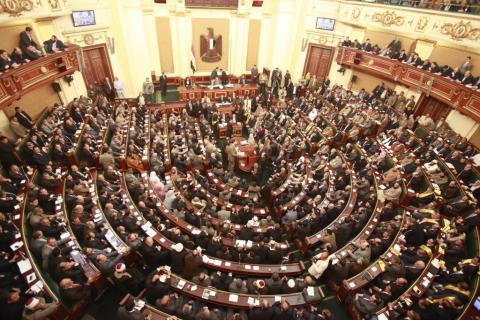
 |
Several of the draft law on public demonstrations' articles are problematic. For example, article 2 restricts the right to demonstrate. Any foreigner who demonstrates will be considered as an outlaw despite the fact that the right to freedom of opinion is a basic human right for every individual. Key concerns also include the vague language used in article 4 of the draft legislation, such as the terms 'general security', 'citizen's interests' or 'halt traffic', which could have grave implications for demonstrators.
The Interior Ministry will now require a written notification 72 hours before any demonstration instead of 24 hours, as is currently the case. Furthermore, the Shura Council refused to include in the text exceptional procedures and spontaneous gatherings.
Other articles contrary to international human rights which have not yet been approved include article 9, which would bar demonstrators from coming within 200 meters of any government, legislative or judicial building as well as local official buildings. This article therefore deprives citizens of the right to express their message to officials through public demonstrations. Article 13 of the draft law bans protesters from wearing masks or covering their faces which constitutes a discrimination against female demonstrators who wear the niqab (full veil).
Article 15 rules that the Egyptian police can disperse protesters according to a gradual process, starting with oral warnings, then water canons and eventually tear gas. The article, however, states that these measures should be taken into account 'to the extent possible', which raises concerns that the police could use the clause to justify the excessive use of force. Article 16 further allows the police to use live ammunition against protestors, as stipulated by Penal Code and Police law.
